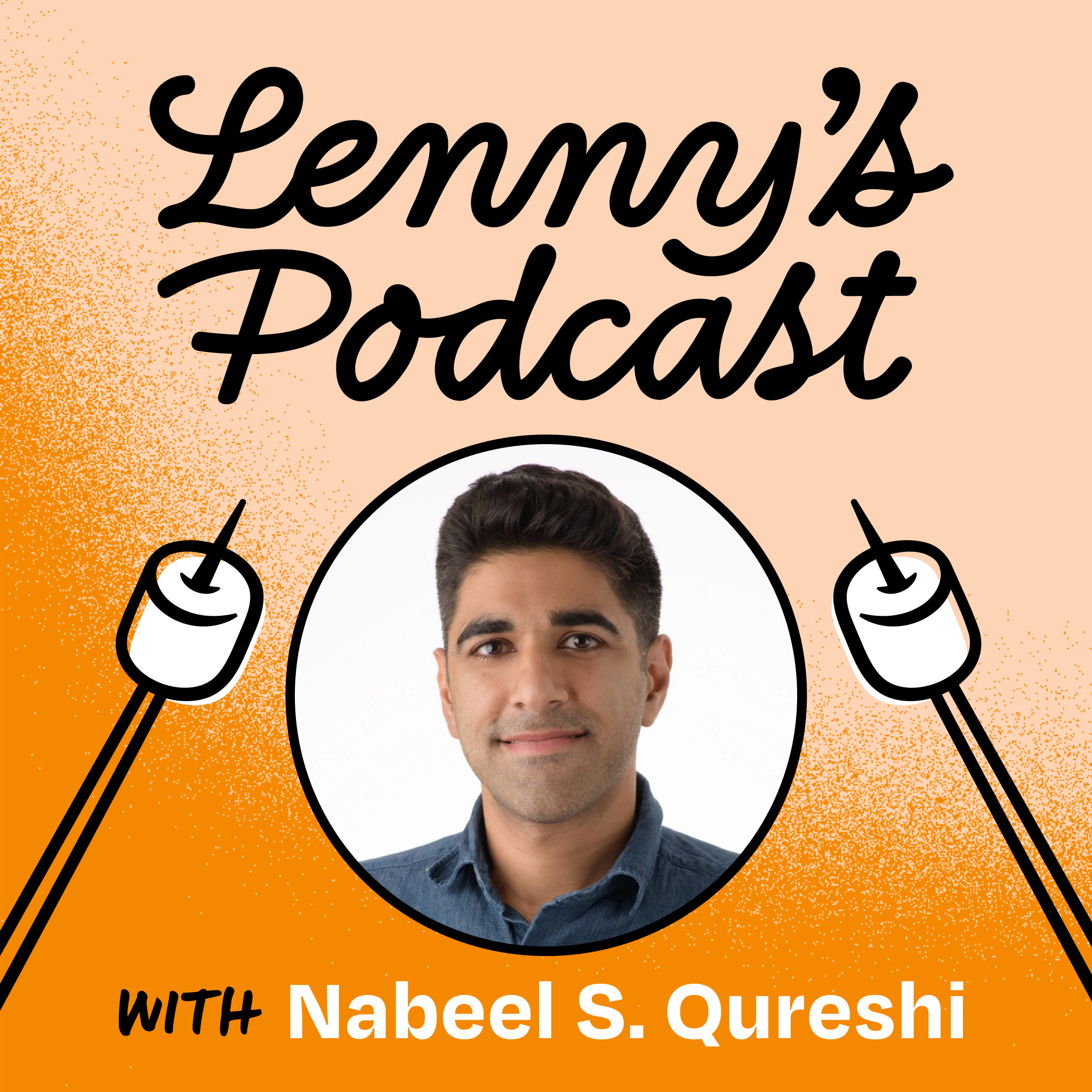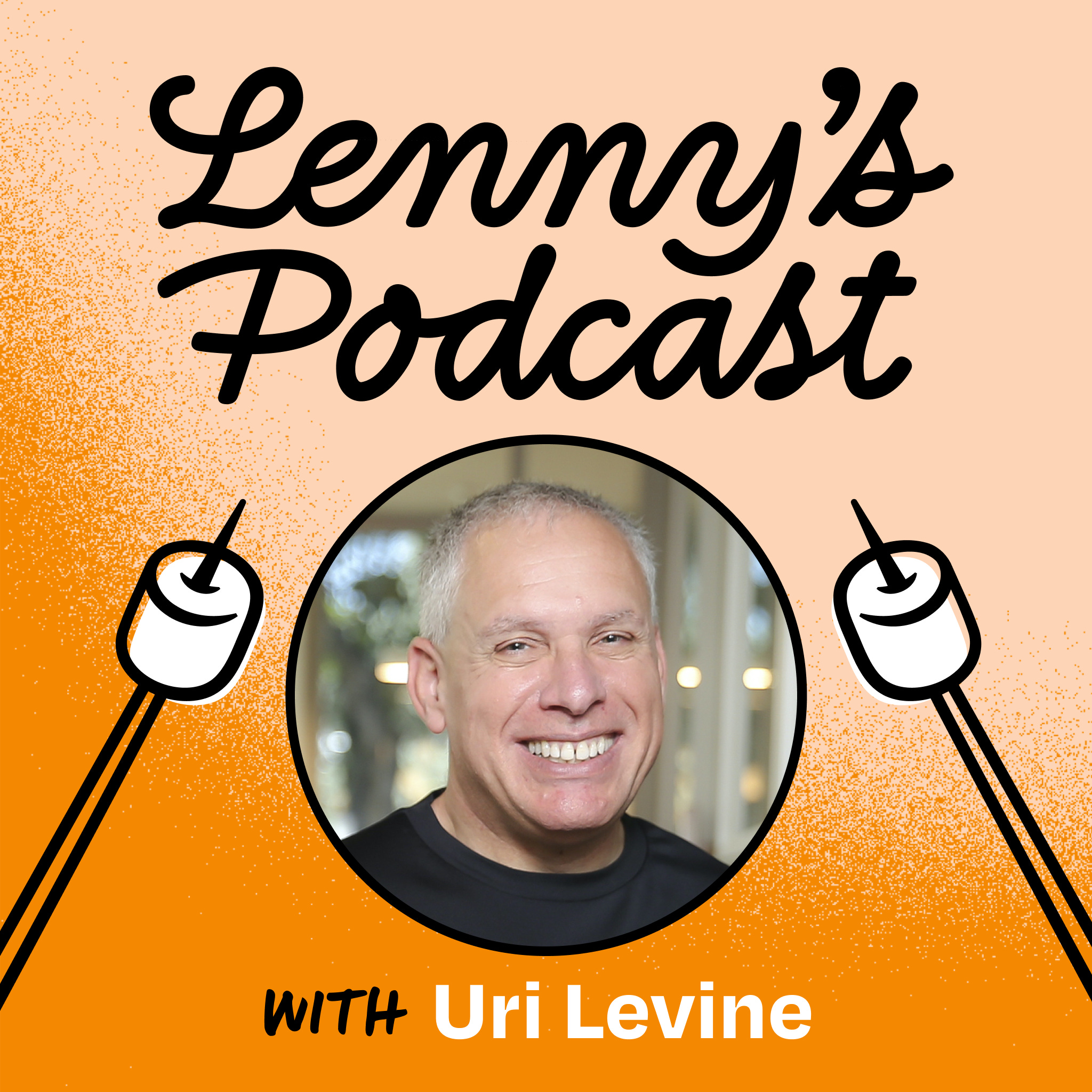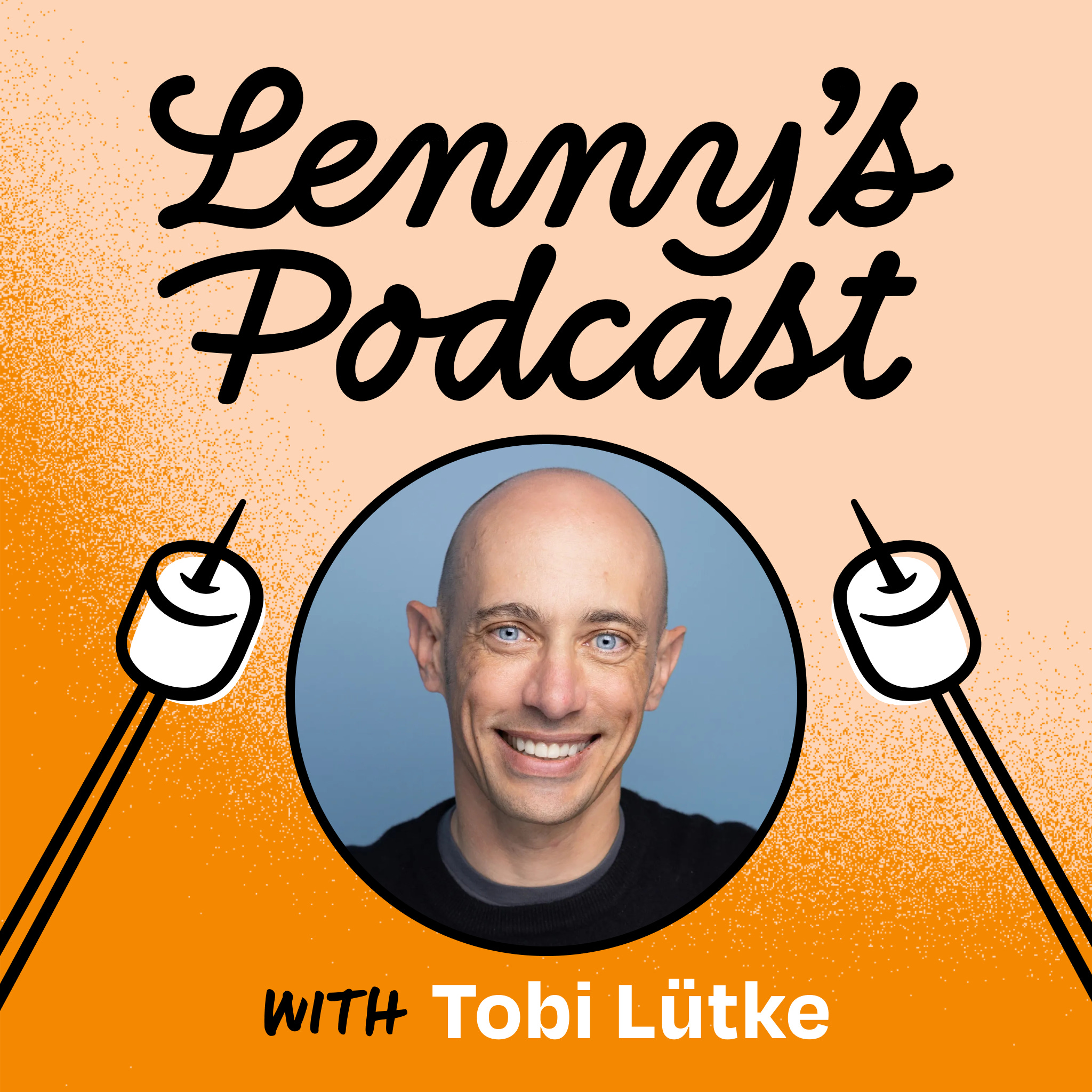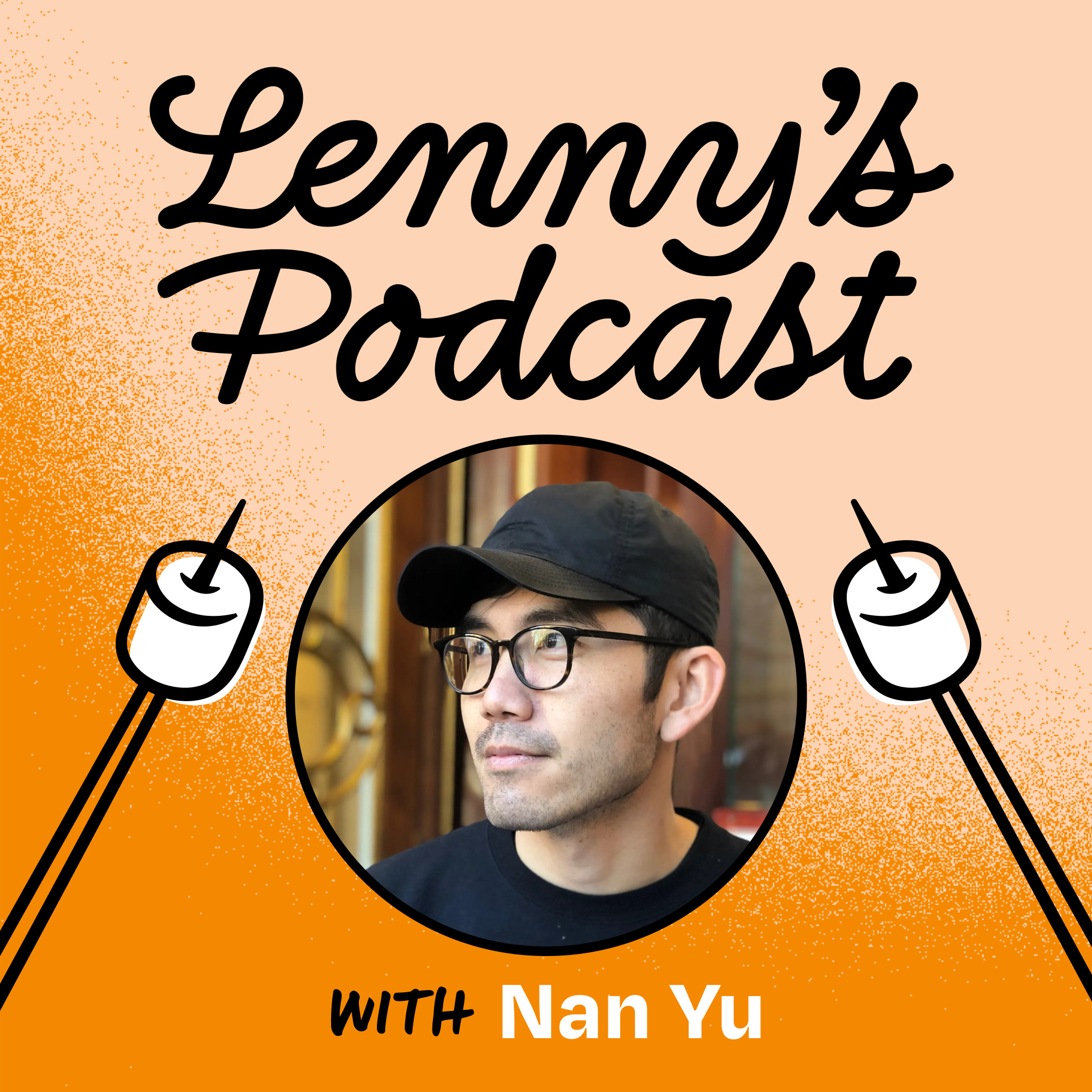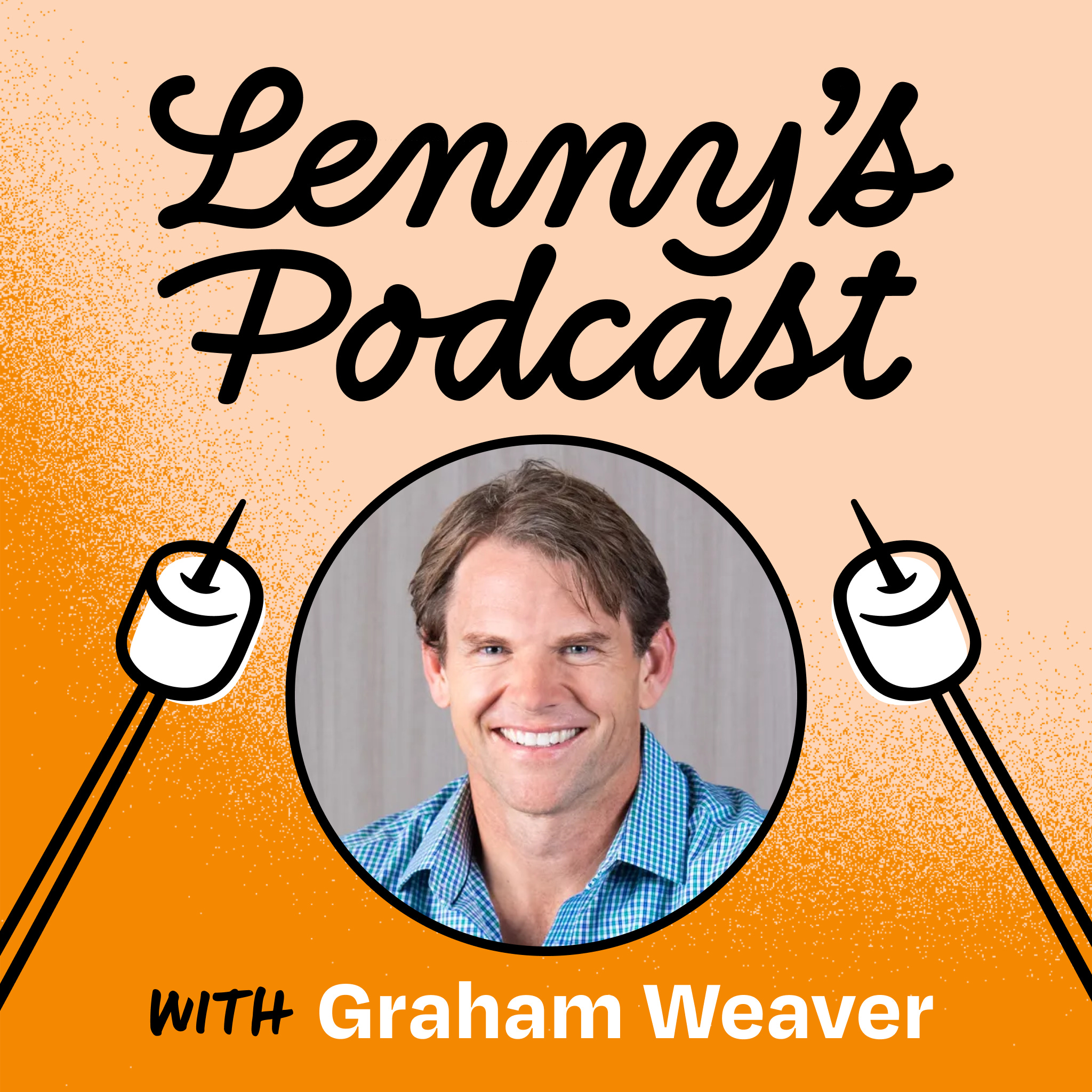
April 25, 2024 • 1hr 26min
How to build deeper, more robust relationships | Carole Robin (Stanford GSB professor, “Touchy Feely”)
Lenny's Podcast: Product | Growth | Career
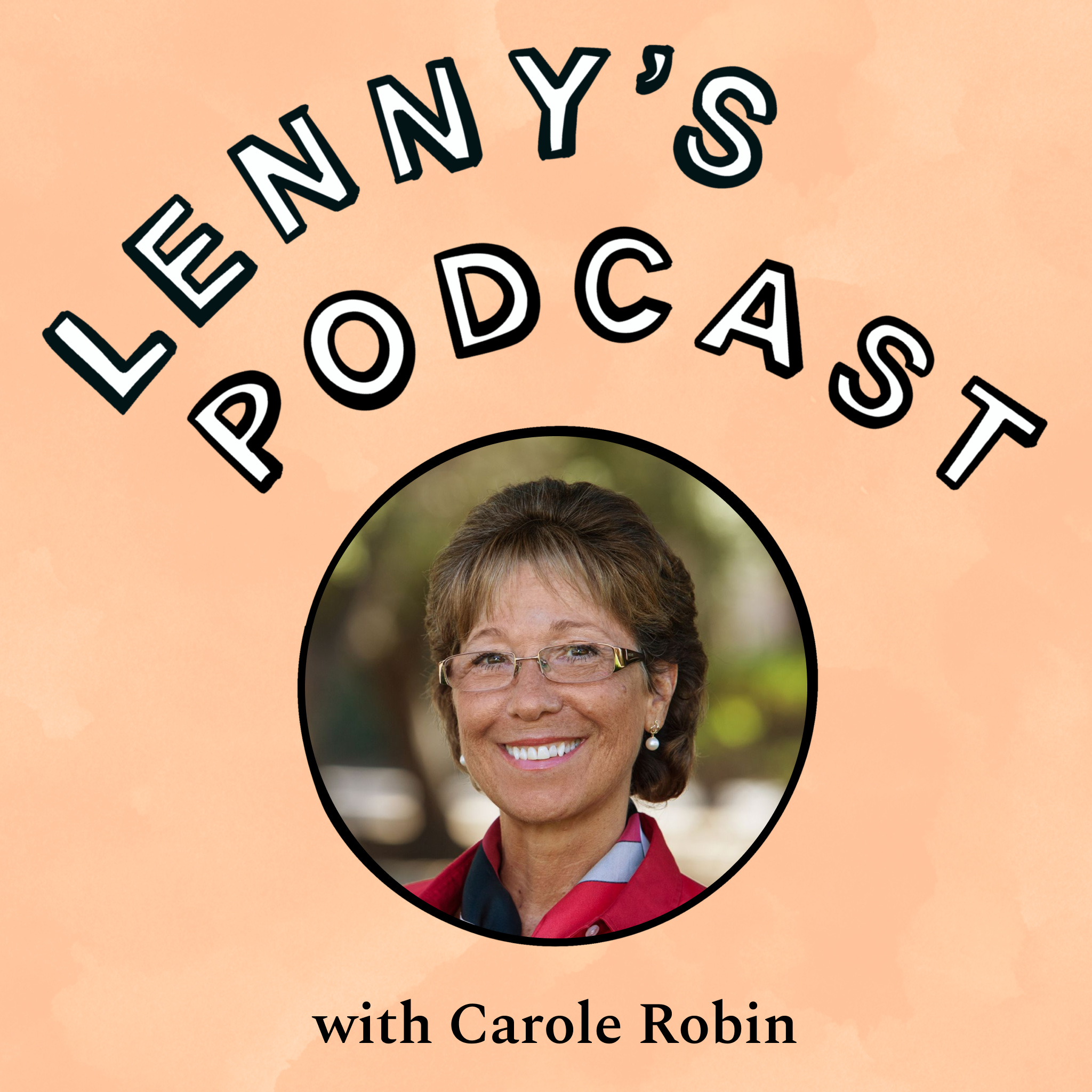
Key Takeaways
- Building robust relationships is crucial for both personal and professional success. Relationships exist on a continuum from dysfunctional to exceptional.
- The "15% rule" encourages stepping slightly outside your comfort zone to deepen relationships and learn. This applies to disclosure and feedback.
- Vulnerability and appropriate disclosure can make you a more influential and effective leader when done thoughtfully.
- Mental models formed early in our careers can limit us later if not updated. Being aware of and challenging these models is important for growth.
- The "three realities" framework (intent, behavior, impact) helps avoid misunderstandings and defensiveness when giving feedback.
- Effective feedback focuses on specific behaviors and their impact, not judgments or attributions. The formula is: "When you do X, I feel Y."
- The art of inquiry involves asking open-ended questions to understand others, rather than confirming hypotheses or giving advice.
- Advice often hinders relationships by creating power differentials. Being a thought partner is usually more effective.
- View failures as "AFOGs" (Another F***ing Opportunity for Growth) to maintain perspective and focus on learning.
- Exceptional relationships are characterized by mutual understanding, trust, honesty, productive conflict resolution, and commitment to each other's growth.
Introduction
Carol Robin spent over 20 years teaching the legendary "Touchy Feely" course (officially called Interpersonal Dynamics) at Stanford's Graduate School of Business. She later founded Leaders in Tech, a nonprofit applying these principles to help Silicon Valley executives build leadership and interpersonal skills. Carol co-authored the book "Connect: Building Exceptional Relationships with Family, Friends, and Colleagues" which distills key insights from her decades of teaching.
In this conversation with Lenny Rachitsky, Carol discusses the importance of building robust relationships, techniques for effective communication and feedback, the power of vulnerability in leadership, and how to develop exceptional interpersonal skills.
Topics Discussed
The Importance of Building Robust Relationships (5:19)
Carol explains that robust, meaningful relationships are crucial for experiencing a rich, full life. She describes a continuum of relationships from dysfunctional to exceptional, noting that while not every relationship needs to be exceptional, the skills to move along this continuum are valuable in all areas of life.
"I believe if we had a critical mass of human beings on this planet who had those skills and knew how to get to at least robust and functional, we wouldn't just have more functional teams in organizations, we'd have stronger communities, we'd have more functional schools. We might, in my wildest dreams, even have a more functional government."
- Interpersonal competence is a key determinant of both personal and professional success
- Building strong relationships can lead to career advancements, successful business deals, and improved personal relationships
- The skills learned in building robust relationships apply broadly to many aspects of life and work
The "Touchy Feely" Course at Stanford (10:19)
Carol describes the Interpersonal Dynamics course (nicknamed "Touchy Feely") she taught at Stanford Business School. The course aims to help students become more interpersonally competent and learn how to connect with others in more functional ways.
- The course is part of the leadership curriculum, focusing on why people should want to follow you as a leader
- It emphasizes experiential learning through small group exercises and discussions
- Students learn to become "referent figures" - people others want to emulate
Progressive Disclosure and the 15% Rule (21:35)
Carol introduces the concept of progressive disclosure and the "15% rule" for stepping outside one's comfort zone to deepen relationships.
"Step a little bit outside your comfort zone. If you step a little bit outside your comfort zone, you're very unlikely to freak yourself or the other person out, but you'll know. You'll feel a little bit. You'll be like, okay, I feel just a little uncomfortable saying this, but I think I'm gonna try it."
- Disclosure and vulnerability tend to be reciprocal in relationships
- The 15% rule encourages taking small steps beyond your comfort zone to foster growth and deeper connections
- This principle applies to both personal disclosure and giving feedback
The Power of Vulnerability (26:50)
Carol discusses how appropriate vulnerability can make leaders more influential and effective, contrary to traditional beliefs about showing no weakness.
"I actually think that a leader who is willing to be appropriately vulnerable is a stronger leader."
- Vulnerability helps leaders appear more human and relatable
- Appropriate disclosure can build trust and inspire others
- Examples include admitting when you don't have all the answers and sharing relevant feelings
Understanding Mental Models (37:03)
Carol explains how mental models formed early in our careers can limit us if not updated and challenged.
- Mental models are beliefs and assumptions that drive our behaviors
- Common limiting mental models include believing vulnerability shows weakness or that giving feedback ruins relationships
- Recognizing and updating these models is crucial for personal and professional growth
The "Three Realities" Framework (44:00)
Carol introduces the "three realities" framework for understanding interactions and giving effective feedback:
- Intent (your internal reality)
- Behavior (what you actually say or do)
- Impact (how it affects the other person)
"We don't understand that we are only privy to two out of the three. So I know what's going on for me, and I know what I did. I have no idea what happened on your end."
- Understanding these three realities helps avoid misunderstandings and defensiveness
- Focus on staying on "your side of the net" when giving feedback (discussing only intent and behavior)
- Avoid making assumptions about the other person's internal reality
The Art of Inquiry (58:45)
Carol emphasizes the importance of asking good questions to understand others better:
- True inquiry involves being genuinely curious and open to learning
- Suspend judgment to allow for real curiosity
- Use open-ended questions starting with what, when, where, and how (avoid "why" questions)
- Avoid asking questions to confirm hypotheses or make points
How to Get Better at Giving Feedback (1:03:24)
Carol provides guidance on giving effective feedback:
- Use the formula: "When you do X, I feel Y" (focusing on specific behaviors and their impact)
- Avoid labeling or making attributions about the other person
- Stay on your side of the "net" (discuss only what you know directly)
- Be prepared to "repair" if the feedback doesn't land well
- Practice giving feedback in safe environments to build skills
"Advice Hinders Relationships" (1:10:49)
Carol explains why giving advice often isn't as helpful as we think:
- Advice can create or reinforce power differentials
- It may prevent the other person from developing problem-solving skills
- Being a thought partner is often more effective than giving direct advice
- Use inquiry first to understand the situation before offering suggestions
Failure Corner: AFOG (1:16:49)
Carol introduces the concept of AFOG (Another F***ing Opportunity for Growth) as a constructive way to view failures:
- Reframe failures as learning opportunities
- Ask "What did you learn?" when something goes wrong
- Recognize that some AFOGs are more painful or take longer to recover from than others
- Focus on unpacking the lessons from each failure
Building Exceptional Relationships (1:18:49)
Carol outlines six characteristics of exceptional relationships:
- Being better known by the other person
- Knowing the other person better
- Trusting that disclosures won't be used against you
- Being able to be honest with each other
- Knowing how to resolve conflict productively
- Being committed to each other's learning and growth
Lessons from Long Covid (1:21:51)
Carol shares insights from her experience with long Covid:
- The importance of not making an organization too dependent on one person
- Practicing acceptance without resignation
- Developing greater empathy for others' unseen challenges
- The value of disclosure in preventing misunderstandings
Conclusion
Carol Robin's insights from decades of teaching interpersonal dynamics offer valuable lessons for building stronger, more meaningful relationships in both personal and professional contexts. By focusing on skills like progressive disclosure, giving effective feedback, embracing appropriate vulnerability, and challenging limiting mental models, individuals can significantly improve their interpersonal competence and leadership abilities. The frameworks and techniques discussed, such as the 15% rule, the three realities, and the art of inquiry, provide practical tools for navigating complex human interactions and building exceptional relationships.

